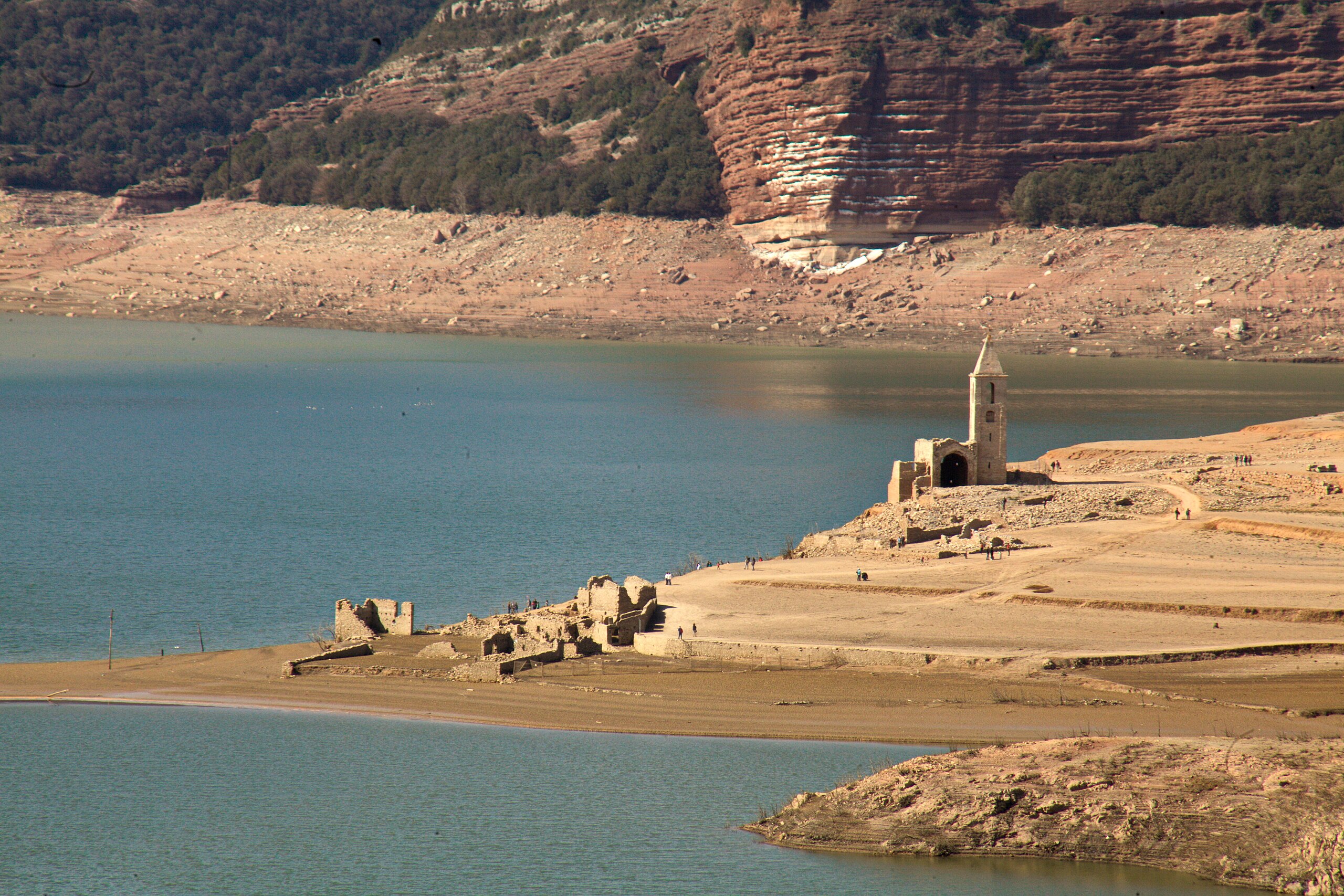I was watching a news report on the historic drought and recently declared state of emergency in Barcelona and greater Catalonia. During the report, a university lecturer is interviewed and explains how most people haven’t noticed the water restrictions, they turn on a tap and water comes out with minimal difference, referring to the government reducing water pressure in particular areas. When I was informed of the situation in Barcelona by a friend, I mentioned the recent drought in Mexico and how 1,546 of the country’s 2,463 municipalities were also confronted by water shortages. She told me she did not hear about it, which doesn’t surprise me as we rarely discuss issues that do not impact our lives in some way. As they say, out of sight, out of mind.
Just last week I mentioned my surprise that water was not a central talking point at the World Economic Forum. We might speak of rain when it’s falling from the sky, the size of the swell at a nearby beach, or a friend may suggest a bath if we’re feeling stressed. Water is in us, it is around us, without it there is no life, yet unless we are in a drought we rarely discuss its importance.
75 percent of Spain is battling weather conditions that may lead to desertification and there’s a belief the Sahara Desert will extend across its territory by the end of this century. According to Spain’s Meteorological Agency, desertification consumes 1,500 square kilometres of land each year, which is concerning as its the EU’s biggest producer of fruit and vegetables. The thousands of tonnes of produce it grows throughout the year requires a substantial amount of water, which has depleted Spain’s aquifers and has seen soil degradation triple in the past decade. This degradation means the soil struggles to retain water, a significant problem in this time of climate change, when the amount of rainfall shifts between extremes of drought and deluge.
In 2023, Spain experienced its worst drought in almost a century. In the southern city of Almería, where a significant proportion of the country’s agricultural industry exists, the average annual precipitation is 400 millimeters. Last year, there was no rain until May when more than 200mm fell in a single week.
Early last year, there was already fear of water shortages across Spain, and as the drought intensified through the summer’s heatwave, wildfires swept through the country, yet another symptom of the land’s desertification.
Water restrictions were first imposed on Catalonia in November 2022, prohibiting residents from washing the exterior of their houses and cars or filling their swimming pools, while reductions were also imposed on the irrigation of industrial crops. Barcelona City Council also stopped using drinking water to fill public fountains and clean the streets. In February 2023 further restrictions were imposed that were tightened again in May, August and November. Throughout this period, a state of emergency was declared in different parts of Catalonia, which was extended to Barcelona this past week, as reservoirs dropped to an historic low.
What happens when there is no more water?

Some Spaniards are focusing their energy on regenerative techniques that support soil health, while others are moving to Spain’s north coast for its lower temperatures and higher rainfall. Some residents have turned to prayer, which reminds me of the Mamos and the Zagas, the spiritual guides of the Arhuaco, Kankuamo, Kogi and Wiwa peoples of the Sierra Nevada Mountains in Colombia.
The Mamos and the Zagas believe that humanity must return to the Law of Origin, the instructions that guide humanity to live harmoniously with all living beings. If we don’t, they believe we will be subjected to crises of increasing severity. To support the natural balance of life, the Mamos and the Zagas offer pagamentos, or payments, to settle our bills with the Earth for what we take to survive.
Through the climate crisis, Western society is slowly expanding its awareness of the natural systems that have perpetually supported humanity to live and thrive. Whether it’s through spiritual payments, prayer or planting we need to acknowledge the forces and the delicate systems that Indigenous Peoples have perpetually stated humanity needs to respect. The situation in Barcelona is a reminder that we are running out of time to do so.
Anton Rivette is a writer and photographer. He leads storytelling at eco-nnect.













